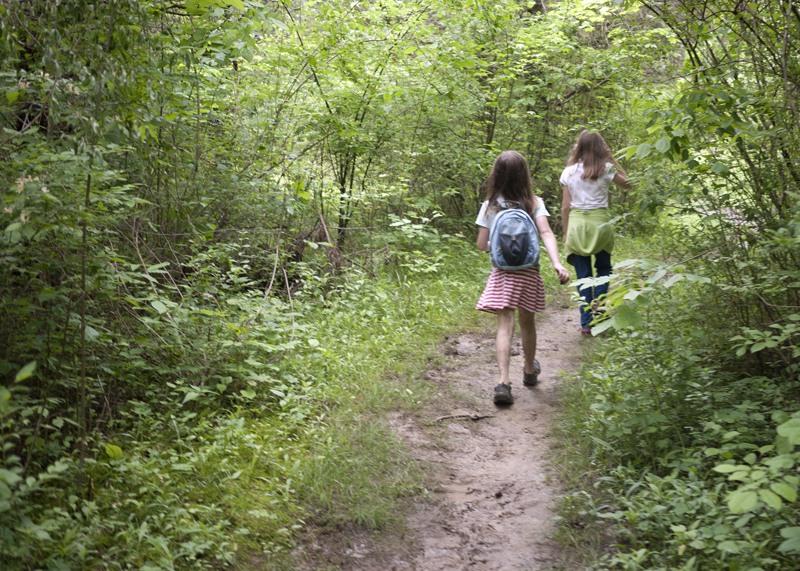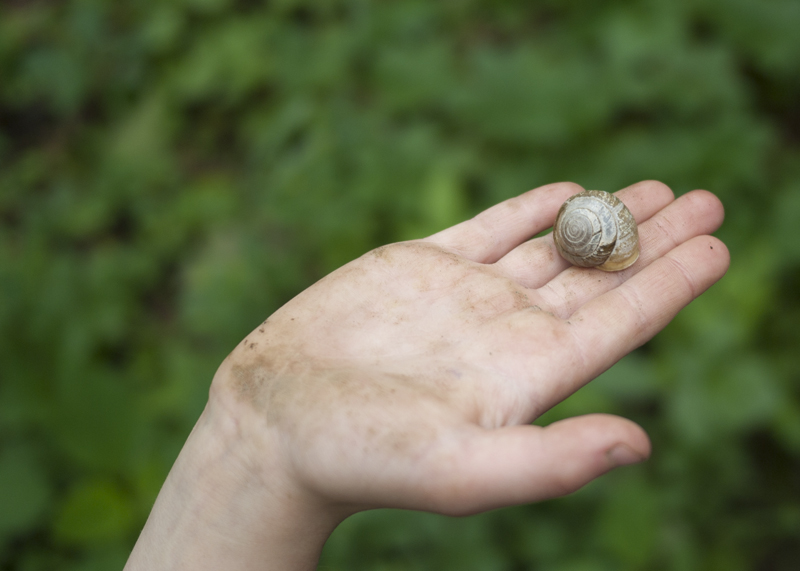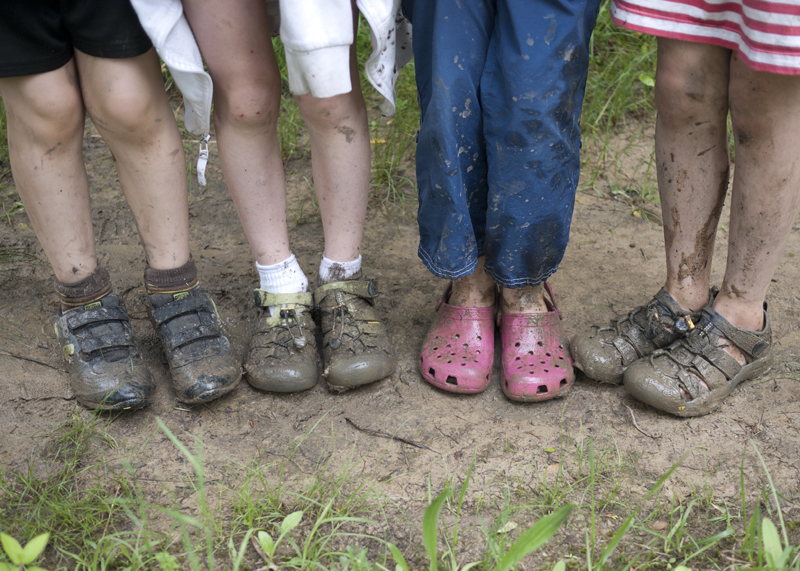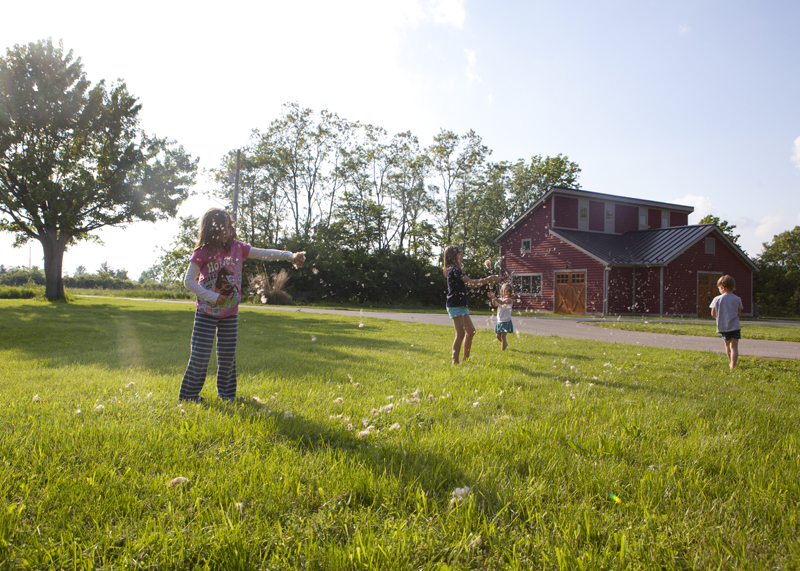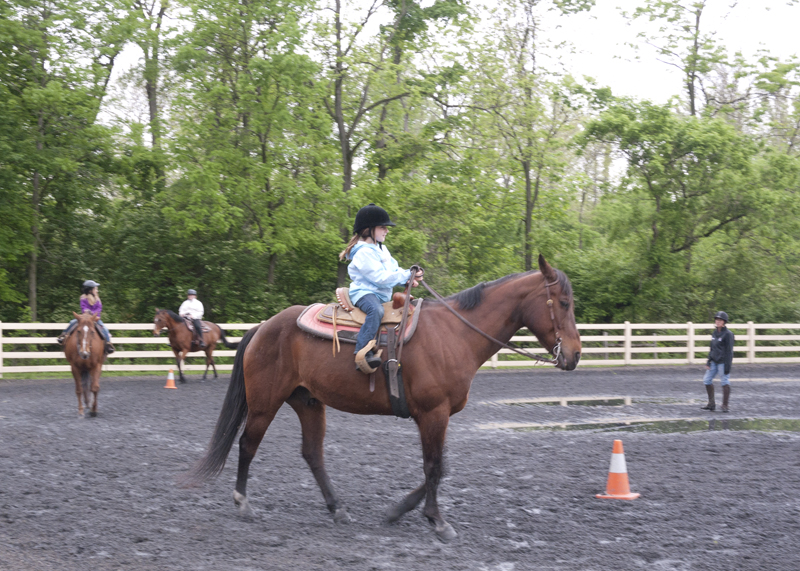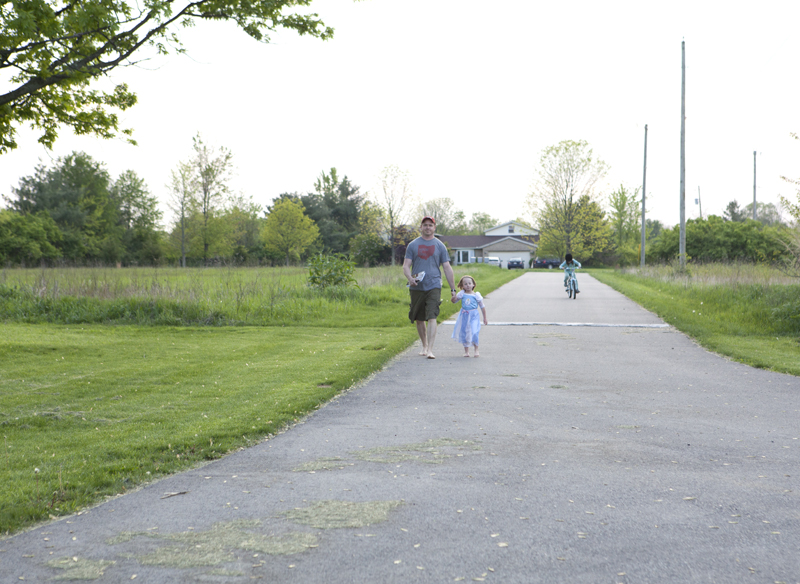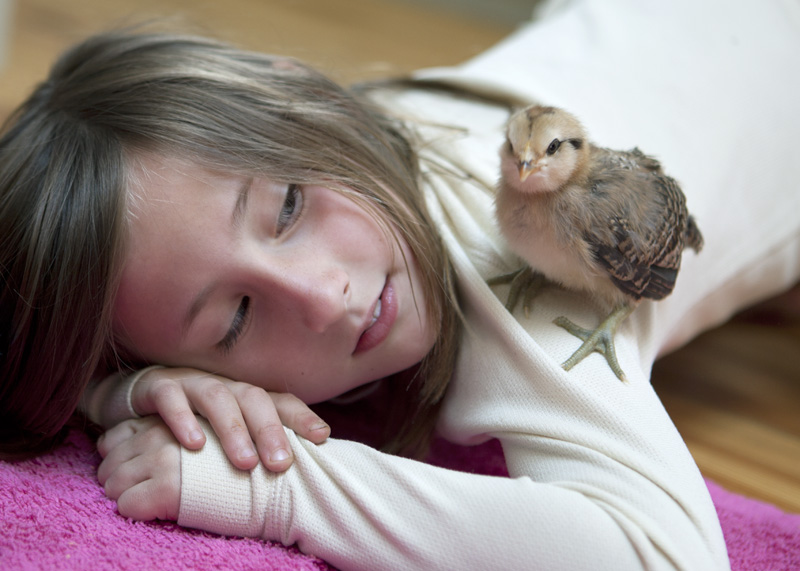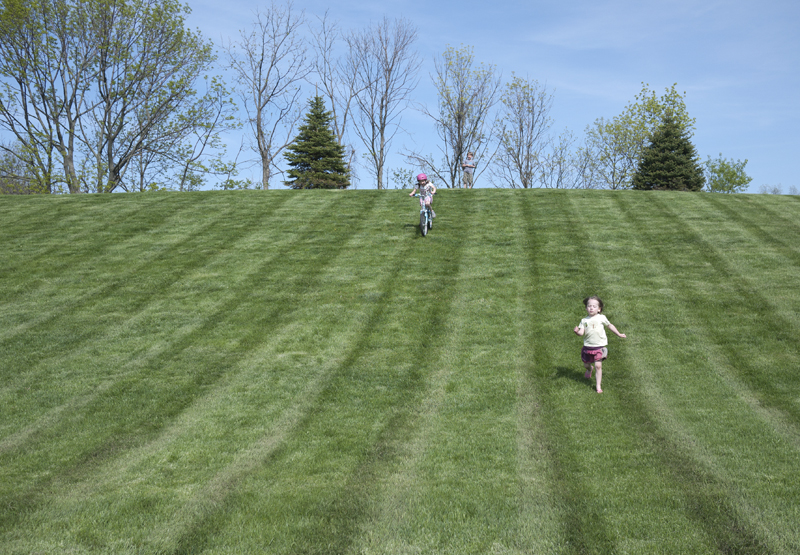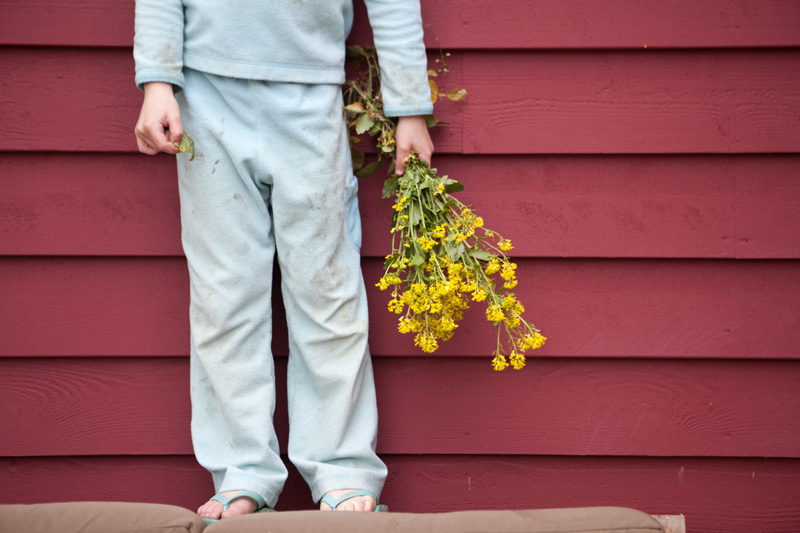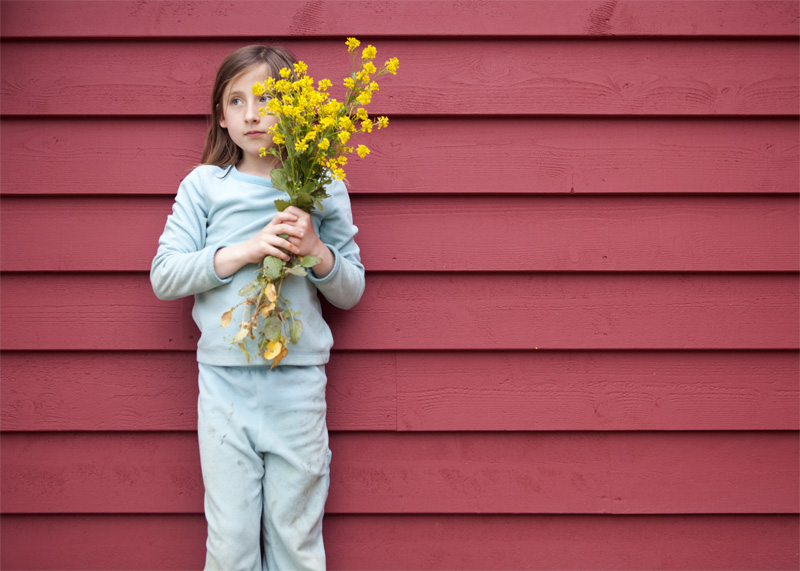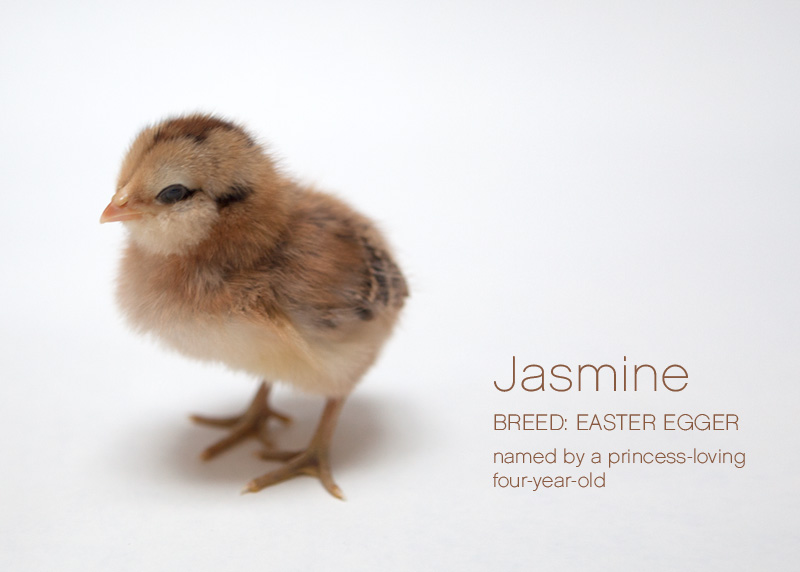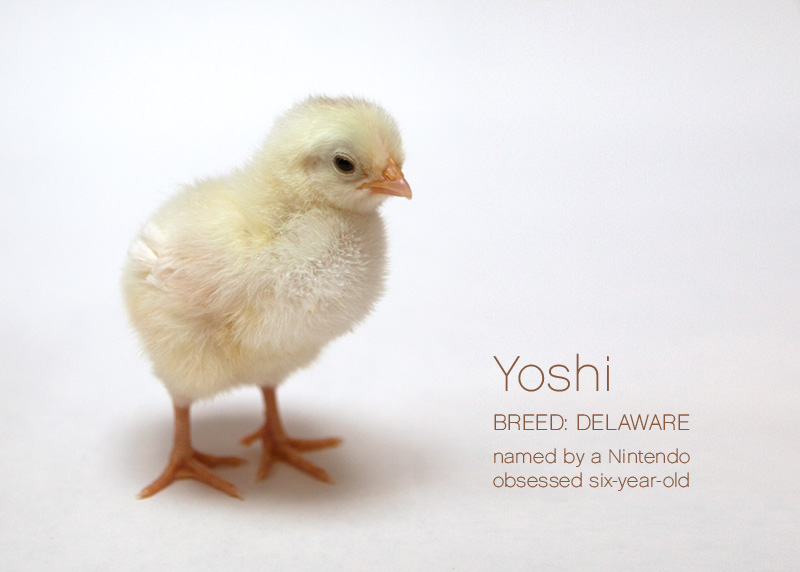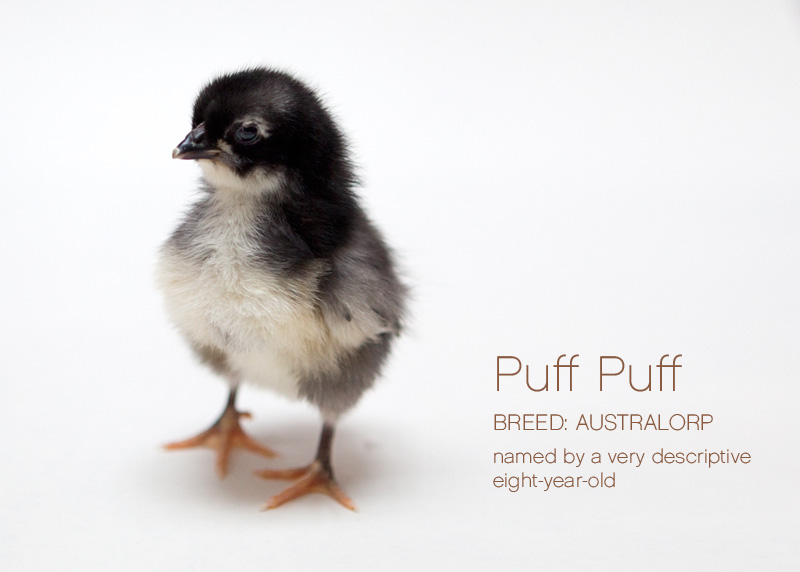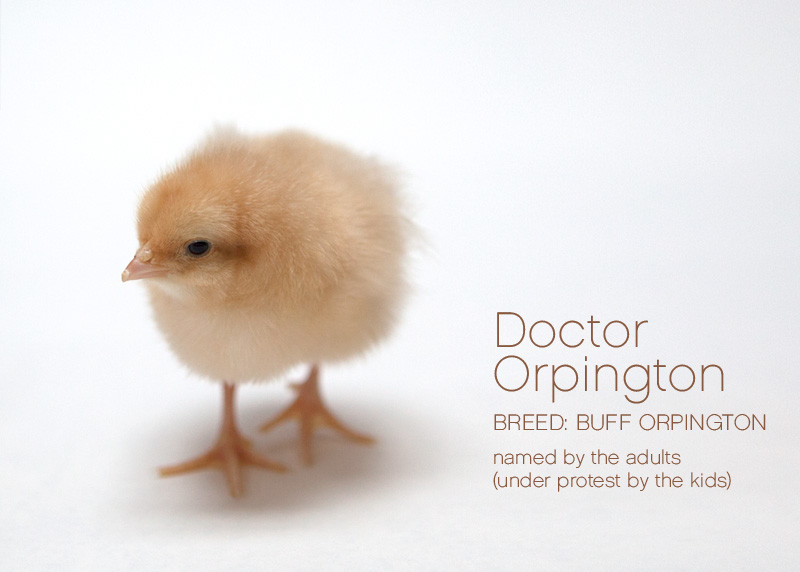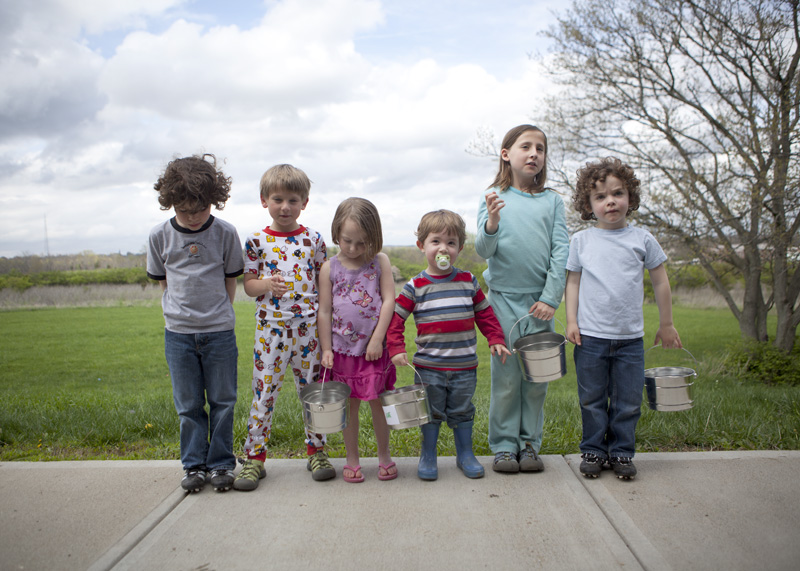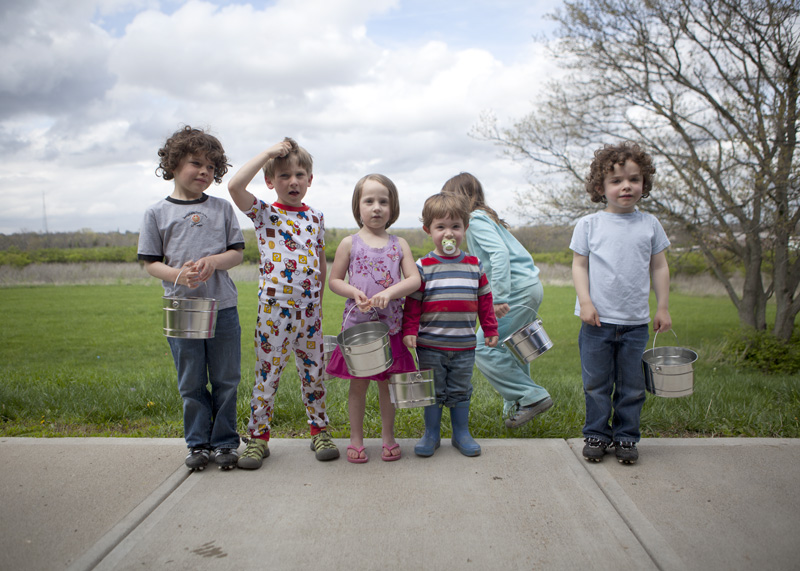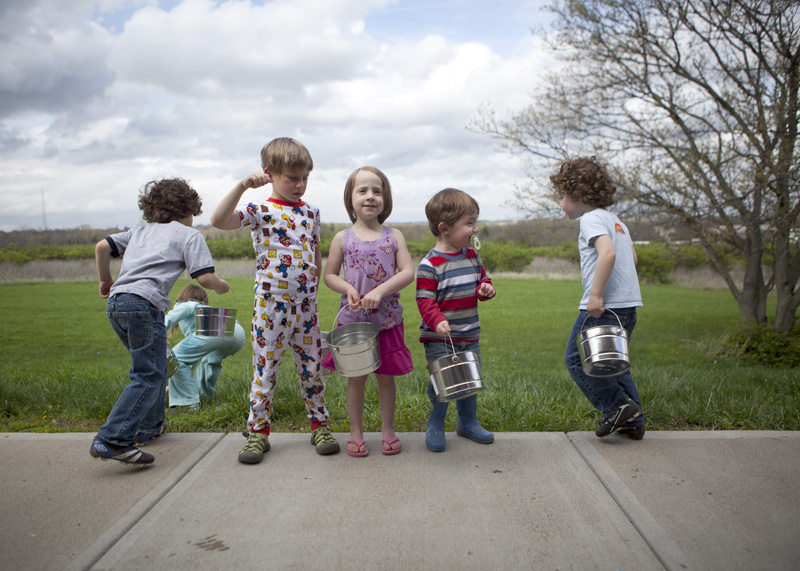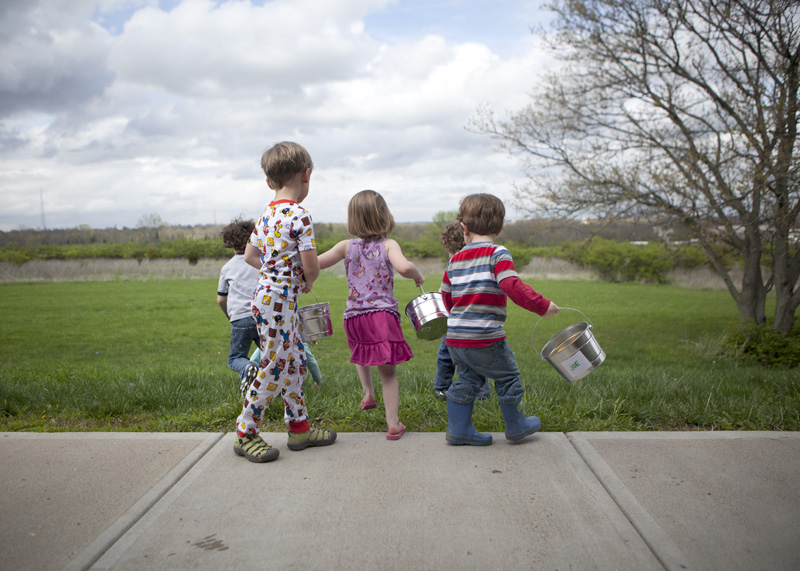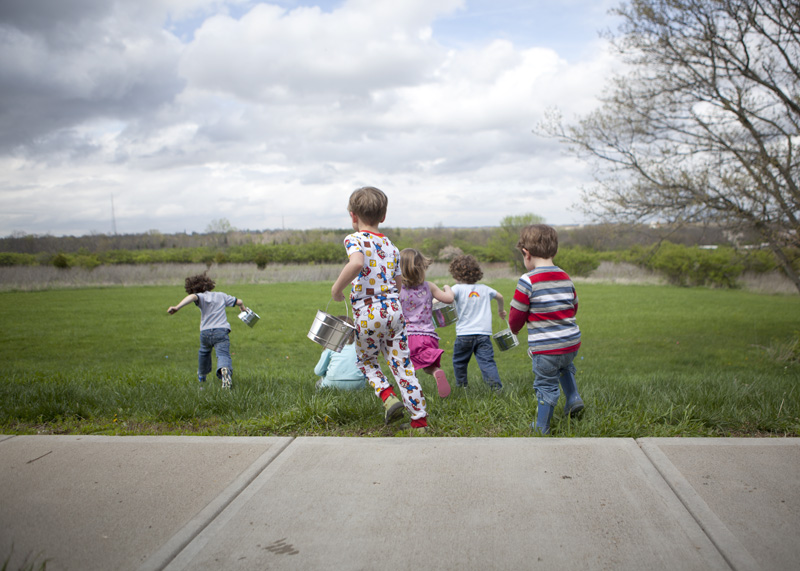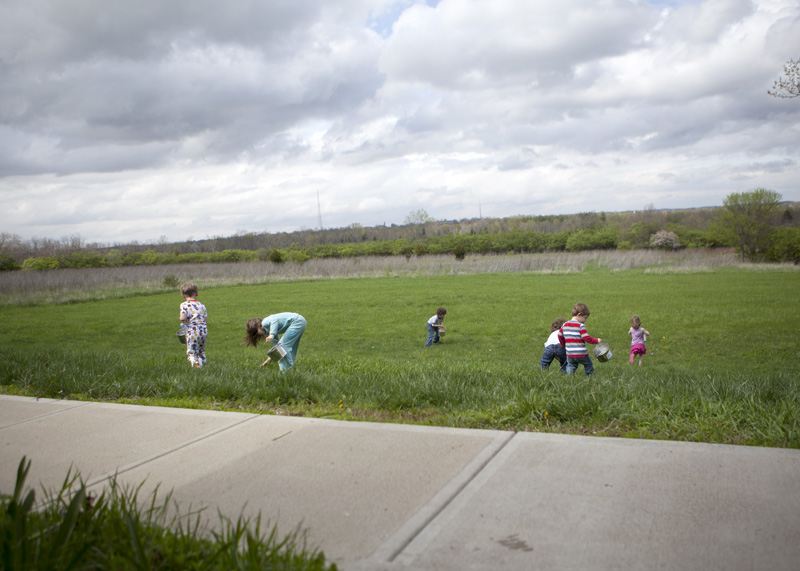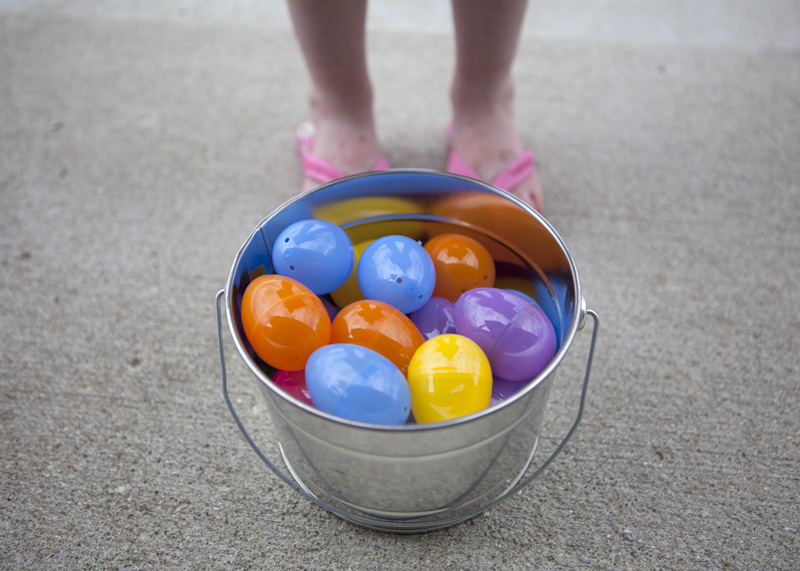We buried Puff Puff tonight.
When we came home she was lethargic. Not eating, but we got her to drink a bit. She could walk, but was wobbly. It didn’t look good.
She died around 8pm.
Ellery was already asleep.
Neko wanted to hold her. She cried. Then she was angry. And then she began working on how to bury her. She found a shoebox, and lined it with straw. She tied a gold heart locket around her neck. She lovingly tucked her in.
Shep just sobbed and sobbed. He didn’t want to see her. That boy is so sensitive and feels everything so deeply. He insisted on a ceremonial moment where he could say kind, respectful words.
There was lots of talking. About how animals have so many babies because many of them will not survive. About what might happen after you die. About how it hurts to feels so sad.
After Neko buried her, she got really silly. I was irritated, and almost angry at her insensitivity.
But later I overheard her telling Shep, “Just think of silly things, like Puff Puff doing something really crazy. It will make you feel better.” She started giving examples, and after a bit he was smiling, despite his big, puffy eyes.
As I tucked her into bed, Neko said, “Puff Puff had to die. She was just too sick.”
I’ve heard that people that grow up on farms have a healthier attitude toward death. That they see so many animal lives come and go that they don’t find it as troubling. They accept the cycle of life.
It makes me wonder if Neko’s accelerated march through the stages of grief has something to do with this, after watching the passing of dogs, chickens, toads, and butterflies.
When adults talk to a child about death, they should take notes, and remind themselves of what they’ve said. Because when you talk to kids, you don’t dance around the subject with big words and rationalization. You just have to say what’s true.
Was Puff Puff fed and cared for? Was she happy? Was she loved?
If so, even if it was a short life, it was a good life.
